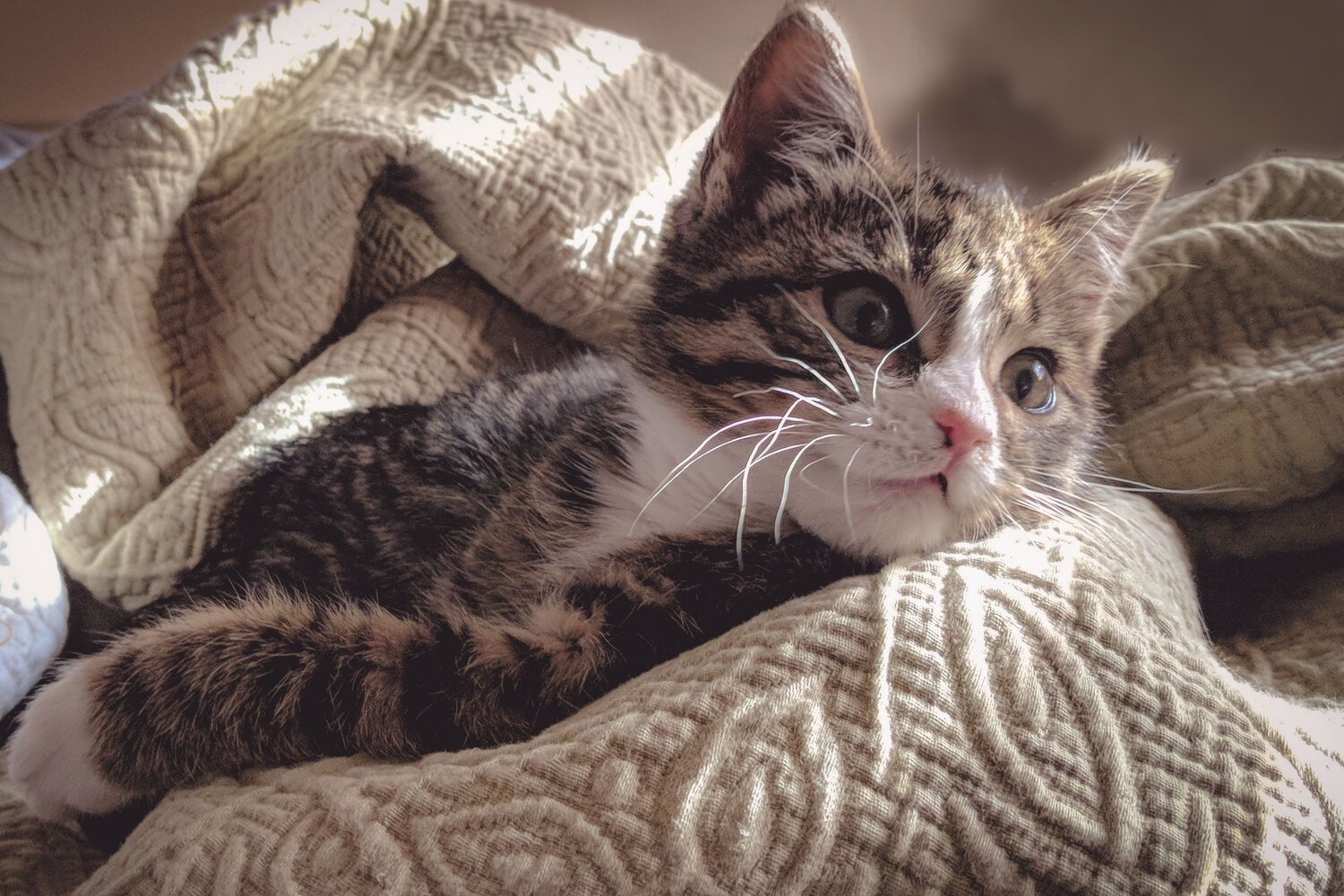
CAT BEHAVIOUR
Understanding Cat Behavior—Noticing and Correcting Behavioral Issues

What is the most important thing to know about cat behavior?
Understanding that each cat is a unique individual with distinct preferences, temperaments, and communication styles is paramount. Tailoring your approach based on your cat's individuality fosters a healthier and happier relationship.
What are some signs and symptoms of cat behavior problems?
Certain cats may display aggression towards people or other pets within the household, which is not ideal behavior. This aggression can manifest in actions like scratching furniture, climbing curtains, or inappropriate urination or defecation outside the litter box. If you have concerns about your cat's behavior, whether it's related to hunting in the yard or other issues, it's important to communicate these concerns with us so we can address and assist with any behavior problems. Any deviation from your cat's typical behavior warrants attention and evaluation.
Can you fix behavior issues in cats?
Yes, many behavior problems in cats can be successfully addressed, just like in dogs. Positive reinforcement, training, and, when needed, guidance from a veterinary behaviorist can contribute to resolving or managing these issues effectively.
What are some possible health concerns that can arise from cat behavior problems?
If your cat is experiencing difficulties with the litter box, it might indicate an underlying health issue such as bladder stones, urinary tract infection, or urine crystals. Inappropriate defecation could also signal problems like diarrhea or constipation, linking health concerns to behavior issues. If your cat is engaging in fights with other animals, this could also pose a potential health risk, leading to injuries. Identifying and managing these problems early is crucial to maintaining optimal feline health and well-being.
FAQ
-
Common cat behavior problems include inappropriate urination or defecation, aggression towards people or other pets, scratching furniture, climbing curtains, and issues related to the litter box.
-
Early detection allows for timely intervention and prevents behavior problems from escalating. Addressing issues promptly increases the likelihood of successful behavior modification and improves your cat's overall well-being.
-
You can try providing environmental enrichment, maintaining a consistent routine, offering interactive toys, and creating a comfortable and safe space for your cat. However, it's crucial to consult with your vet for tailored advice based on your cat's specific behavior issues.
-
Cat behavior problems can start at any age, but they may become more noticeable during major life changes, such as moving to a new home, the introduction of a new pet, or changes in the household. Early socialization and positive reinforcement can help prevent certain behavior issues from developing.
